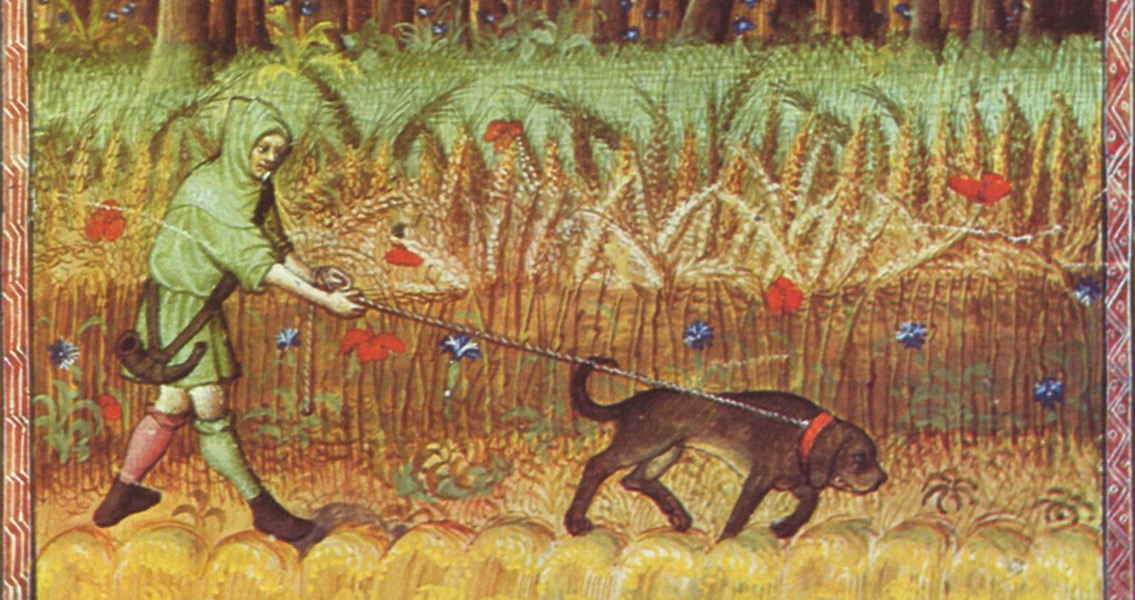<![CDATA[The fall of the Roman Empire is often seen as one of the major turning points in world history. An organised, well-administered empire collapsing to be replaced by smaller states. In studying this period of history, there has been a large amount of heated debate. A new study by Paul Fouracre, Professor of Medieval History at the University of Manchester, has sought to expand on this historical quandary. "What historians had traditionally disagreed about was whether these changes were for the better or for the worse", Fouracre stated, in an article published in the most recent edition of History Today. "Had Roman rule been so oppressive that its end was a 'good thing'? Were the barbarians thus liberators or were they oppressors who destroyed the protection of Roman law and made themselves into a privileged elite?" This topic has always been discussed in relatively simplistic terms, Fouracre notes. Rome fell, barbarian groups rose to prominence, and new states formed in the wake of the Roman Empire. These new political entities took their name from the conquering peoples, England from the Angles, France from the Franks, and Lombardy from the Lombards. Fouracre explains that the historical reality was much more complicated. Principally, he argues that barbarian groups were not the reason for the collapse of Roman administration. Many of the sources which we rely on for our understanding of this period are rooted in nationalistic movements. Bede's history of the English, for example, went to great pains to establish the progress of the British people. They were transformed from heathen savagery to good, peaceful Christians; as such, it served Bede's purpose to portray post-Roman Britain as dominated by brutal barbarians. "Quite simply, [Bede and other writers] were not reliable witnesses when it came to post-Roman states based on barbarian groups, for each historian had his own agenda in writing and each actually knew very little about the peoples they were supposedly championing," Fouracre wrote. Further, it has been questioned whether early medieval people were capable of forming cohesive, independent states. Particularly in Germany, never part of the Roman Empire, no single barbarian group ever formed a state. Fouracre does not propose any answers to these important historical debates. Importantly, however, he does summarise the scholarship very effectively. He frames the debate in an accessible manner, meaning that the period is opened up to those with little previous knowledge. By exploring the early medieval period, we can learn a huge amount about our present. "Most West Europeans do live in states that had their origins in what grew out of the Roman Empire and do want to know how this came about," Fouracre concludes. "The task [for historians] is to write about this in a clear and accessible way that comprehends the complications and avoids the crusty value judgements of old." Image courtesy of Wikimedia Commons user: File Upload Bot (Eloquence)]]>
Early Medieval States' Origins: An Overview
